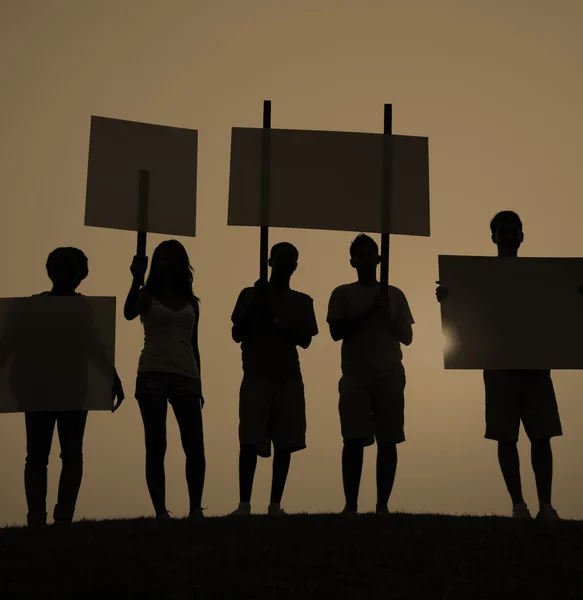
We are coming to the end of the year. The Catholic Peace Weekly in the Eyes of the Clergy column, the writer introduces the readers to The Yellow Envelope Act.
This year like many others was eventful. The presidential election in which the country seemed to be split in two, the Itaewon Tragedy on October 29 where the country has many questions for the citizens, and the Qatar World Cup all moments were a cross between sadness and joy. It's 2022, and it has been running out of breath, but there is something the writer wants to solve before welcoming the New Year.
In 2014, there was a strike at Ssangyong Motor. The company and the police filed a lawsuit against the workers who led the strike for damages of 4.7 billion won, claiming that the strike was illegal. Then, a citizen put money in a yellow envelope and sent it to the press, saying it would help with the damages. As this fact became known, a nationwide donation-raising campaign was launched to collect money in yellow envelopes. In this way, the yellow envelope becomes a symbol of solidarity with striking workers and resistance to the power that oppresses labor rights.
Post-strike damages are awarded for illegal strikes. The problem is that the scope of illegality is too wide. In the meantime, no matter how much the subcontract workers want to negotiate, the prime contractor, the “real boss,” ignores them. If subcontract workers are forced to file a dispute, the subcontract's 'fake boss' imposes a huge amount of damages by attaching an 'illegal label'. It is using civil law to effectively block union activities. Korea is the only OECD country that imposes civil liability on strikes guaranteed by the Constitution.
Workers hit by the damaged bomb become social cripples. Becoming a credit delinquent, opening a smartphone, or opening a bank account is not easy. Even if you resign from the company, the responsibility for compensation remains the same, which can lead to family disintegration. To strike like this, you have to risk your life. In the meantime, the worker's right to bargain and the right to collective action, guaranteed by the Constitution, were practically blocked.
The fear of the compensation bomb was present this year as well. Some people worked for a full month and received a minimum hourly wage of 2.3 million won. These are Daewoo Shipbuilding subcontractors. Saying that they cannot live like this, they asked for a raise of 100,000 won and locked themselves in a steel structure. As a result, they received 47 billion won for damages caused by the strike. It is money that can be paid back after 163 years of work with increased wages.
So this time, the labor world and the opposition party are trying to amend Article 2 of the Union Act to negotiate with the 'real boss' and Article 3 of the Union Act to increase the scope of legal strikes and regulate compensation for damages. It is to ensure that workers negotiate with the real boss. In addition, it tries to guarantee workers' right to strike by regulating excessive compensation for damages. Revisions to Articles 2 and 3 of the Union Act are nicknamed the "legislation of the Yellow Envelope Act," following the spirit of the Yellow Envelope Movement in 2014.
However, the business world, the government, and the ruling party strongly oppose the Yellow Envelope Act. They say that if the Yellow Envelope Act is passed, strikes will increase and adversely affect the economy. It is said to be an unconstitutional idea as it violates the freedom of business management and private property rights.
Excessive working hours is a notorious problem internationally. Fatigue causes many accidents and serious health problems. So if a worker shouts out that he wants to live together with other workers, a bomb for damages falls on workers as illegal. The social doctrine recognizes the legitimacy of strikes that do not go against the common good. However, it seems that the world is still not acknowledging this reality. In the new year, he hopes it will be a world where workers will confidently be able to express their opinion.